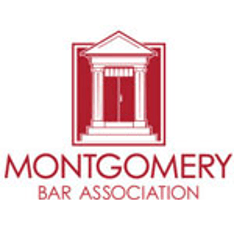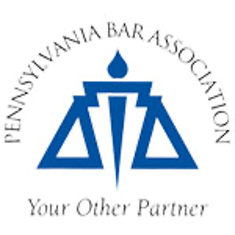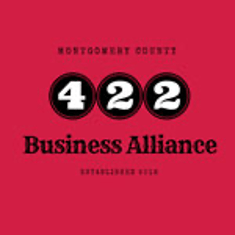Background
The Fleischmann Law Firm continues to closely follow ongoing developments regarding the Federal Trade Commission’s (FTC) efforts to nationally ban employee non-compete agreements. We thus far published two blogs on this matter. The first detailed the FTC’s ban or Noncompete Rule. The second reviewed legal challenges questioning the FTC’s Constitutional authority and advised that in July 2024, a Texas federal court in Ryan LLC et al. v. Federal Trade Commission issued a temporary order prohibiting the FTC from enforcing the Noncompete Rule and plans to issue a final rule.
Recent Texas Case Developments
On August 20, 2024, Ryan ultimately concluded that the Noncompete Rule exceeded the FTC’s authority. Judge Ada Brown, who issued the decision, maintained that the FTC’s enabling statue (Federal Trade Commission Act) did not intend it to issue substantive rules to thwart unfair competition methods. Rather, it intended it to focus on unfair or deceptive acts or practices. Because the Noncompete Rule focused on unfair competition methods, the FTC lacked the authority to issue the Noncompete Rule. Judge Brown also maintained that because the Noncompete Rule was random, inconsistent, and unreasonably extensive, it violated the Administrative Procedure Act
Judge Brown’s decision permanently blocks the Noncompete Rule. Nationwide noncompete bans will not take effect on September 4, 2024, and employers no longer need to issue notifications to workers bound to noncompete agreements.
The FTC is presently considering appealing this decision to Fifth Circuit Court of Appeals, so this matter may not yet be over.
Related Federal Case Developments
In the Pennsylvania federal matter, ATS Tree Services v. FTC, the court denied ATS’ preliminary motion for an injunction against the Noncompete Rule. The court held that ATS could not establish irreparable harm or the probability of success on the evidence, meaning the court would find the Noncompete Rule enforceable.
If ATS ultimately enforces the Noncompete Rule, it would conflict with Ryan. Potential ATS challenges would proceed to the Third Circuit Court of Appeals, where potential conflicts in those courts would lead to requests for U.S Supreme Court review. Should that occur, and should the Supreme Court decide to review the matter, it would likely address recent developments regarding the Administrative Procedures Act.
Administrative Procedure Act
During the 1930s, President Franklin Roosevelt created a series of agencies to implement his New Deal programs. In 1946, Congress enacted the Administrative Procedure Act (APA) to regulate administrative agencies’ decision-makings, avert abuse, make agency actions more publicly acceptable, and to offer an essential outline for federal agencies’ procedures. President Harry Truman signed the APA into law.
Administrative agencies implement, enforce, and oversee rules and regulations. There are two core kinds of administrative agencies: 1) independent agencies and 2) executive agencies. The president exercises more control over executive agencies. The Departments of Commerce and Defense are executive agencies examples. The FTC is an independent agency.
Recent Supreme Court Holdings Regarding The APA
In 2024, the Supreme Court, in Loper Bright Enters. v. Raimondo, 144 S. Ct. 2244 (2024) overruled Chevron USA v. National Resources Defense Council (1984), which for several decades, many knew as the Chevron Doctrine (which stated that if federal legislation is ambiguous or creates an administrative gap, the courts must submit to the regulatory agency's reasonable explanation).
Loper Bright overruled Chevron and held that, under the APA, courts must decide whether an agency acted within its statutory authority and may not accommodate an agency’s ambiguous legal interpretation. Loper Bright indicates that the Supreme Court might say that the FTC did not offer a sufficient legal basis for the Noncompete Rule.
State Bans on Noncompete Agreements
Some states have their own limits on employee Noncompete Agreements. Many enacted rules addressing noncompete agreements for specific workers and/or industries. This firm published a recent blog on Pennsylvania’s ban on healthcare noncompete agreements.
The Texas federal court ruling does not affect the Pennsylvania healthcare ban or any other state ruling.
The Fleischmann Law Firm will continue to keep you updated on these matters.
The Fleischmann Law Firm, P.C.
The Fleischmann Law Firm specializes in business law and can guide your corporation through these and other rule and notice updates and changes.
Its attorneys partner with you to minimize risk and liability, offer objective and fair assessments, and weigh all circumstances and options. They offer solid recommendations and provide superior representation.
Attorney Craig J. Fleischmann and staff offer over thirty years of experience, integrity, cost-effectiveness, value, and integrity. Contact the Fleischmann Law Firm today.







